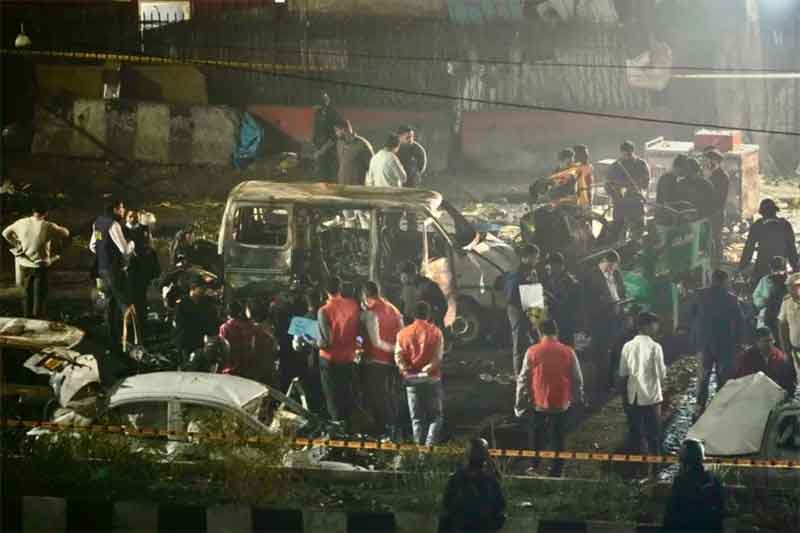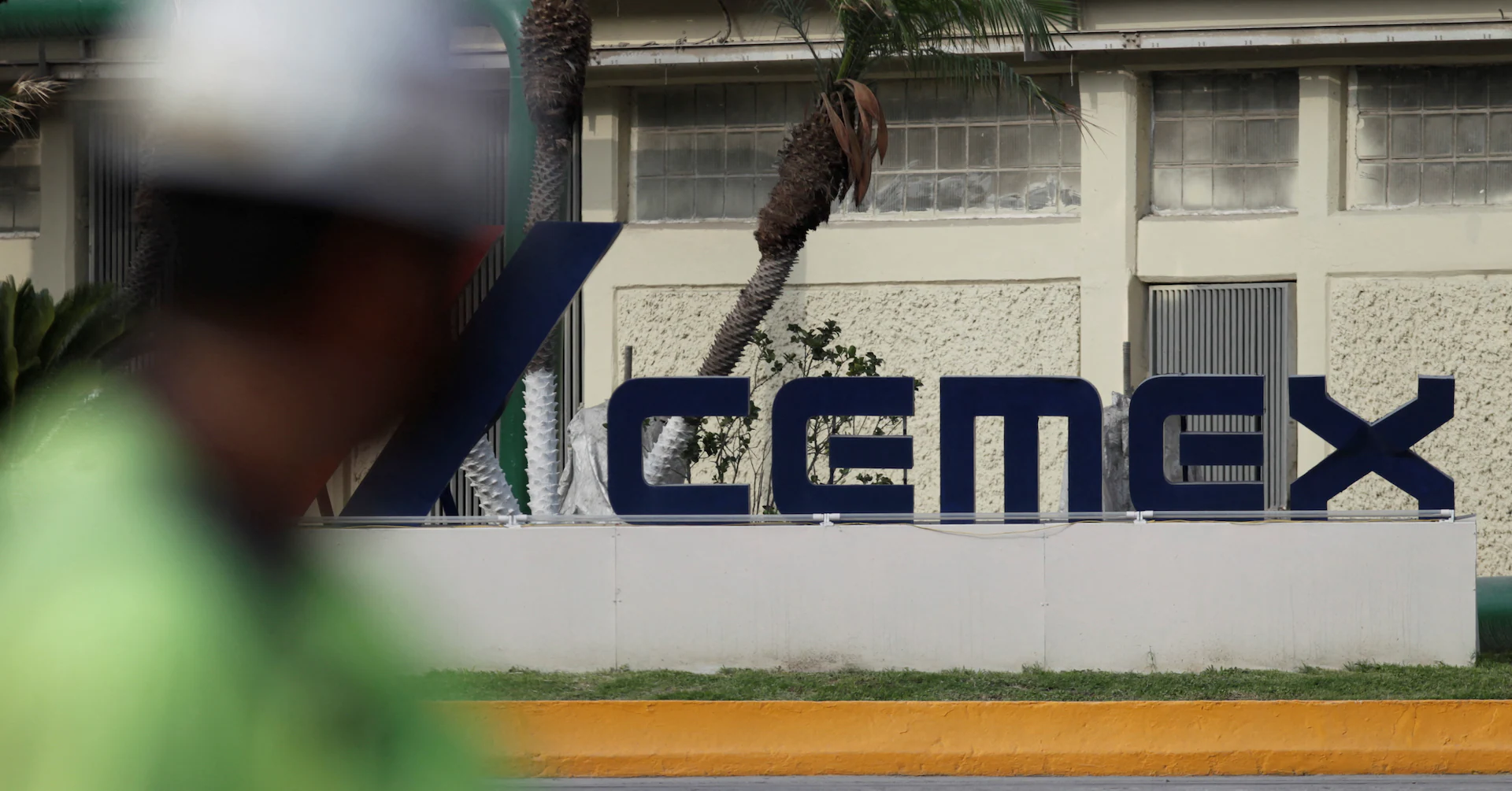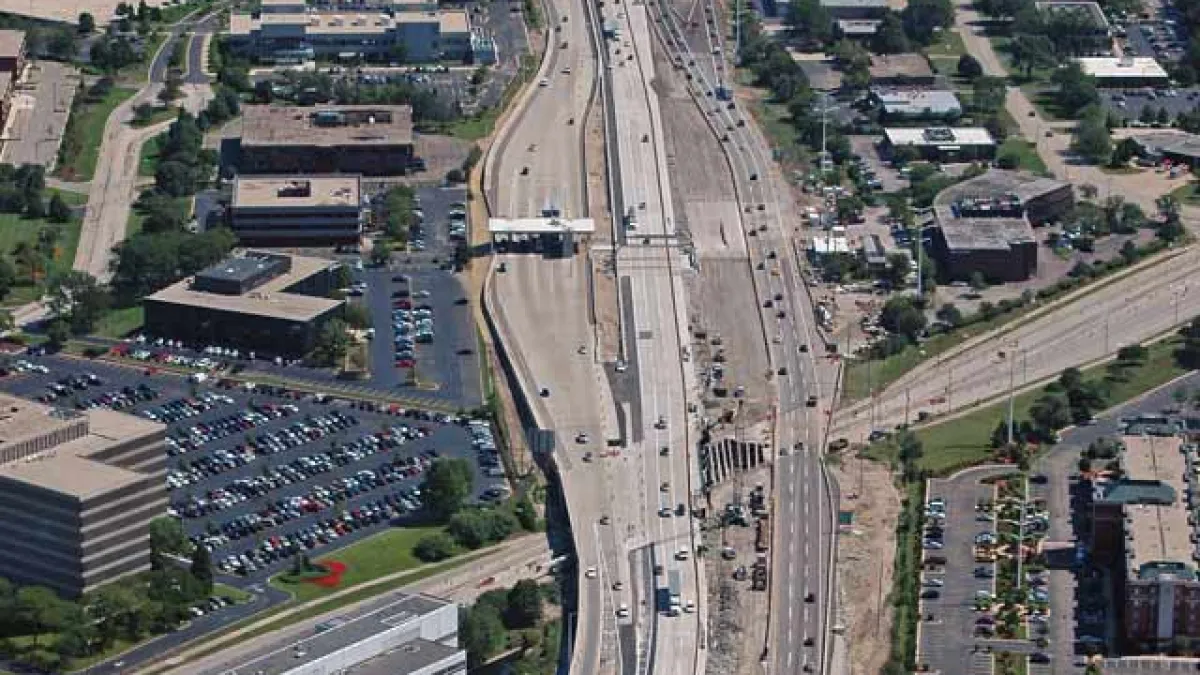Copyright countercurrents

Each new explosion exposes not enemies abroad, but failures within – a Republic sustained by alibis rather than accountability The blast in Delhi has opened a floodgate of questions and shaken public confidence in the very foundations of governance. Each time an explosion rips through a city, the government is quick to assign blame elsewhere—across the border, to “anti-national” forces, or to nameless enemies. But not every loud cracker or gas cylinder that bursts is a conspiracy hatched in Pakistan. Sometimes, the danger lies much closer—within our own decaying institutions, our politics of deceit, and our failure to take responsibility. In a mature democracy, such an incident would have prompted immediate transparency and accountability. Instead, we witness a well-rehearsed ritual: denial, diversion, and propaganda. Ministers rush to offer theories long before investigations have begun; television anchors echo those theories, and the public is left bewildered between truth and theatre. The buck, however, stops with the Home Minister. If the facts bear out negligence or complicity, Amit Shah must resign. That is how democracy works—or should work—when duty to citizens outweighs the appetite for power. The so-called double-engine government that the BJP flaunts has become an engine of contradiction. One engine calls out “development,” while the other fuels division and fear. Law and order in BJP-ruled states is visibly in disarray: lynchings, mob impunity, police complicity, and crumbling justice systems. The economy, too, lies in the doldrums—unemployment soaring, inequality deepening, and small businesses gasping. In such a landscape, “security” becomes the last political refuge of a failing regime. We have seen this before. After the Bombay Blasts of March 1993, which killed 257 and injured over 1,400 people, the Indian state faced the crisis with comparative institutional integrity. Justice J.N. Patel’s designated TADA court ran a multi-year trial under public scrutiny, culminating in convictions after due process (Times of India, Sept 7, 2006; Frontline, Vol. 20, No. 12, June 2003). Intelligence failures were acknowledged, not buried. The system, however imperfect, still believed that facts must speak louder than politics. Contrast that with the Pulwama attack of February 14, 2019, in which 40 CRPF jawans were killed. Within hours, without investigation, the blame was assigned to Pakistan. Yet, independent security experts and retired officers pointed to serious lapses in convoy protocol and prior intelligence warnings ignored by the Ministry of Home Affairs (The Hindu, Feb 23, 2019; Caravan, April 2019). The tragedy became an electoral turning point—proof that even death can be converted into a campaign slogan when moral restraint disappears. Likewise, in the Uri base attack of September 2016, official explanations changed several times. The so-called “surgical strikes” that followed were triumphantly televised, yet journalists later exposed gaps in the official narrative (BBC News, Oct 2016; The Wire, March 2017). Each crisis was converted into nationalist spectacle; the deeper questions of internal failure were carefully sidestepped. Delhi’s latest blast, if proven real and not a routine accident, must not be treated as another chapter in this long book of evasions. A Home Minister’s first duty is to ensure safety, not headlines. Yet Amit Shah, the political tactician par excellence, has relied more on perception management than institutional reform. His brand of governance—centralised, aggressive, allergic to dissent—creates more fear than confidence. He is mischievous in intent, but not intellectual in grasp. Intelligence without wisdom breeds manipulation, not leadership. Behind every explosion, literal or metaphorical, lies a deeper malaise. The intelligence machinery is over-politicised. Agencies are weaponised against opposition leaders while terror networks and domestic insurgents exploit the distraction. Policing, too, is subordinated to political orders, its morale undermined by selective justice. A system so consumed by its own propaganda cannot distinguish between a real threat and a manufactured one. Citizens, too, are losing faith. When the state cries wolf too often, the people stop believing. The national security narrative, instead of uniting, has become a tool to polarise. It is easier to raise slogans against imagined enemies than to confront the uncomfortable truth of institutional decay. Governance has been replaced by a permanent election campaign; even tragedy becomes a performance stage. The Delhi blast exposes, once again, that India is being governed through a republic of alibis. Every failure is someone else’s fault—previous governments, minorities, or foreign powers. Each scandal is buried beneath a louder distraction. Accountability evaporates because the public has been conditioned to cheer the aggressor and scorn the questioner. To question power today is to invite suspicion; to demand truth is to be branded unpatriotic. In the end, the cost of such governance is measured not merely in lives lost but in the corrosion of trust. When the government’s word loses credibility, so does the very idea of the Republic. A democracy cannot survive on propaganda and fear; it demands transparency and moral courage. The Home Minister owes the nation answers, not theatrics. And the Prime Minister must accept that responsibility cannot forever be outsourced to rhetoric. Leadership is not about who can shout louder at the enemy, but who can listen more deeply to the truth. The Republic will endure only when those who hold power are willing to be accountable—not to their party, not to their propaganda machine, but to the people. Until then, every explosion, every panic, and every cover-up will echo the same refrain: we are living in a Republic of Alibis. Ranjan Solomon is a political commentator References: 1. Times of India, “1993 Mumbai Serial Blasts: The TADA Verdict,” September 7, 2006. 2. Frontline, Vol. 20, No. 12, June 2003, “The Aftermath of the Bombay Blasts.” 3. The Hindu, “Pulwama Attack: Missed Warnings and Protocol Breaches,” February 23, 2019. 4. The Caravan, “Pulwama and the Politics of Death,” April 2019. 5. BBC News, “India’s Surgical Strike Claims: Questions Remain,” October 2016. 6. The Wire, “Uri and the Politics of Retaliation,” March 2017.



